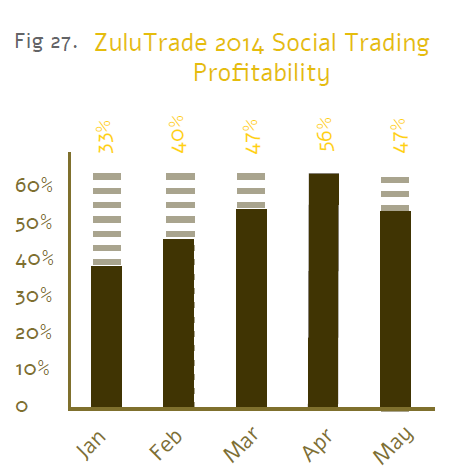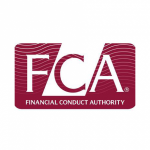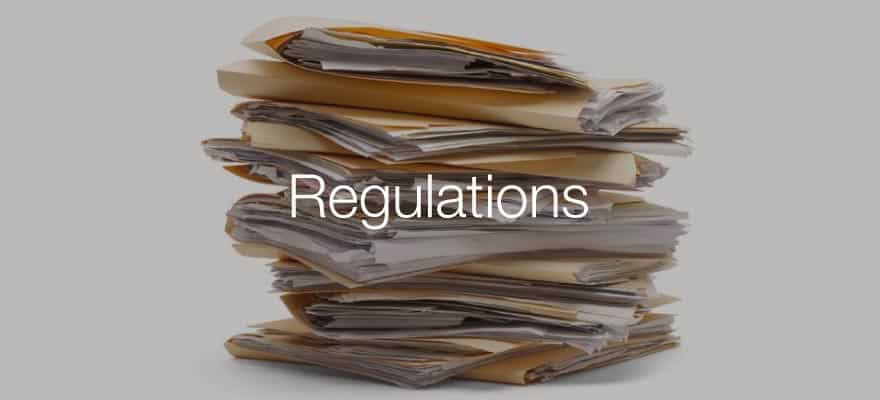This article is written by Sophie Gerber.
ABOUT THE AUTHOR: Sophie Gerber is the director of the compliance and legal firm Sophie Grace which specialises in Australian, New Zealand and international licensing and legal requirements for financial services companies.
With the CHF debacle taking precedence for the past month, a key release by the FCA became overshadowed by concerns that brokerages would not survive the sudden market movement.
Now that things have settled down, we consider it would be well advised for firms and

traders trading on accounts of their clients to take note of recent regulatory developments in Australia and the UK, and obtain an appropriate licence in the relevant jurisdiction.
As mentioned in Forex Magnates previously, the FCA has released guidance on its views about copy trading in the Forex industry (which we consider are indicative of the view ASIC has and will continue to take) along with a variety of prosecutions in this space from Australia (e.g. Monarch FX), the UK and the US. People who are trading on account for their clients need to bring their activities within the regulatory sphere or face increasing risk of serious prosecution from their nearest regulator.
Takeout for Firms
ASIC has stated that it is concerned about companies operating similar business models to Monarch FX, which used trading software to automatically execute trades on clients' accounts without instructions for each transaction.
ASIC considers that this constitutes an MDA service, and operators should:
(a) hold an appropriate Australian financial services licence (AFSL) (which includes MDA services, dealing, and (where relevant) giving financial advice and operating a custody service); and
(b) comply with MDA operator requirements (a statement of advice (SOA) for each client plus an MDA contract with an investment program).
ASIC’s view is that even if the client may retain the right to direct the operator on matters such as the timing of the transfer or realisation of assets in the client’s portfolio, and how the proceeds from the realisation of the assets should be used, these do not necessarily detract from a service being an MDA service. This approach covers a variety of mechanisms used by the industry – copy trading, MAMs, PAMMs, robots and Expert Advisers (EAs).

Further, there are no general exemptions from the AFSL requirement for:
1. Australian operators with only overseas clients;
2. operators engaging in conduct intended to induce Australian clients (or is likely to have that effect); or
3. small scale operators with no more than 20 investors and funds of no more than $2 million within 12 months.
Reconsider Your Fee Structure
With consumers becoming more aware of fee structures around financial products (due to the financial planning scandals at large institutions and the new Future of Financial Advice (FOFA) reforms being implemented in Australia), we are encouraging our clients to revisit the fees associated with the trading services they offer their clients. This includes:
1. focus on performance fees – this aligns your interests with your clients;
2. remove broker rebates (clip) as your key source of revenue – this removes the incentive to trade your clients’ accounts unnecessarily;
3. reconsider ongoing management fees in favour of performance fees.
UK Crackdown

The UK Financial Conduct Authority (FCA) has released a guide about copy trading in the CFD market. In the FCA’s view, copy trading may be “portfolio management” (which requires a specific authorisation). The FCA refers to the example of a service provider setting up a website which gives its clients the opportunity to choose one or more third parties that provide trade signals (listed in the website).
Where the client chooses a signal provider and authorises the service provider to issue orders on his/her behalf, and the service provider transforms each individual signal received into a buy or sell order to be executed either by the service provider or transmitted for Execution to another firm, without further intervention from the client, that activity is portfolio management and requires authorisation as such.
Australian Crackdown
In line with the focus on the area in the UK, there is a crackdown on copy trading in Australia.
On December 17, 2014, the Victoria Federal Court handed down its decision on Monarch FX Group Pty Ltd. (Monarch FX) following action taken by the Australian Securities and Investments Commission (ASIC). Monarch FX provided FX trading signals to consumers who purchased memberships with the company. The signals were automatically executed on members’ trading accounts.
Among other things, the Court found that Monarch FX was not licensed or authorised to provide a service where it had the discretion and power to execute trades (such as entering into foreign exchange contracts) using a client’s funds without obtaining instructions for each and every trade from the client (described as a Managed Discretionary Account (MDA) service). Monarch FX and its former director were restrained from carrying on a financial services business for 4 years.
This article is part of the Forex Magnates Community project. If you wish to become a guest contributor, please apply here: UGC Form.
















